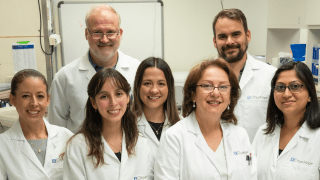
Kalkum Lab
The Kalkum lab is housed within the Department of Immunology & Theranostics at Beckman Research Institute of City of Hope and the Arthur Riggs Diabetes & Metabolism Research Institute. The lab conducts intradisciplinary research in the fields of mass spectrometry, biochemistry, microbiology and immunology. Active research highlights include:
Vaccines to protect against invasive fungal infections:
The Kalkum lab is developing vaccines against invasive pulmonary aspergillosis to protect immunosuppressed patients and animals from fatal infections with Aspergillus fumigatus and other pathogenic fungi. A protein vaccine, based on bacterially expressed, recombinant, A. fumigatus Asp f3 was shown by the lab to protect mice from invasive aspergillosis through a CD4+ T cell mediated mechanism. Antifungal vaccines are of interest to cancer patients, stem cell transplant recipients, and in veterinary care to protect exotic birds and other susceptible species.
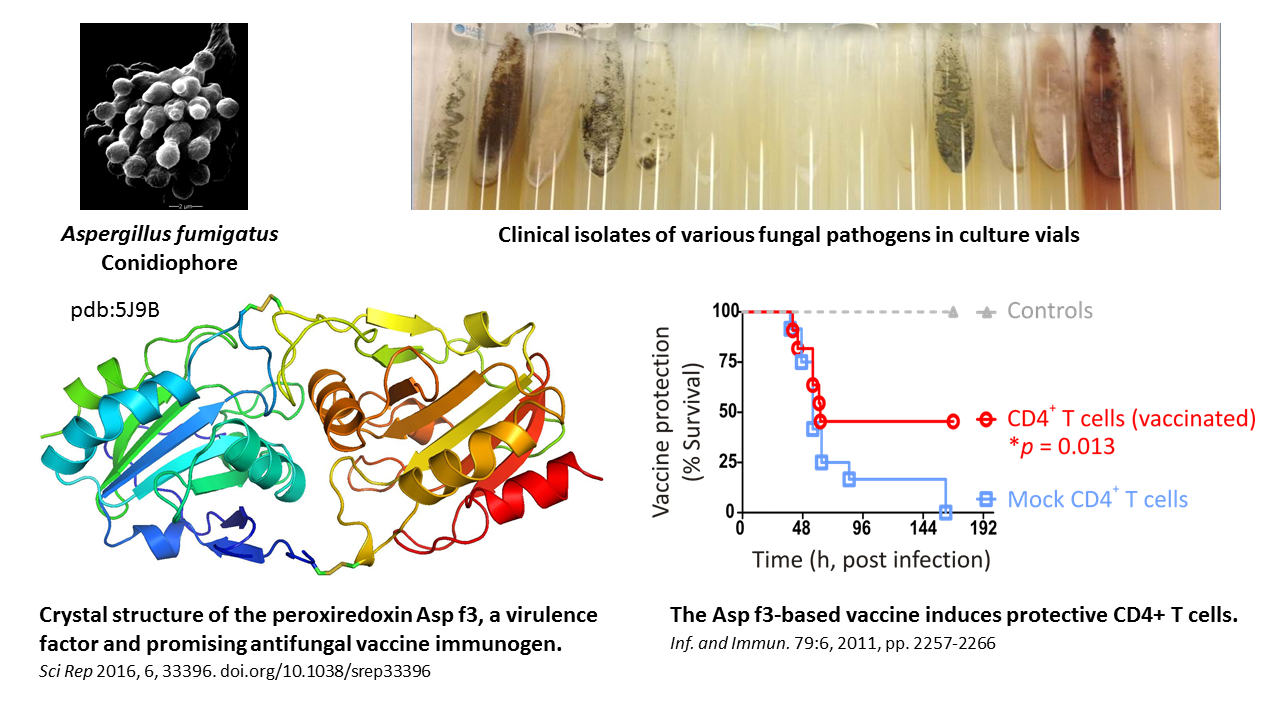
Diagnostic assays for microbial toxins and diseases:
The Assay with a Large Immunosorbent Surface Area (ALISSA) invented by the lab detects botulinum neurotoxins and other proteolytically active agents with ultra-high sensitivity (femtomolar concentrations) in complex biological matrices, such as blood or foods. The lab is currently developing similar detection assays for a variety of diagnostic targets using targeted mass spectrometry and advanced nucleic acid amplification methods.
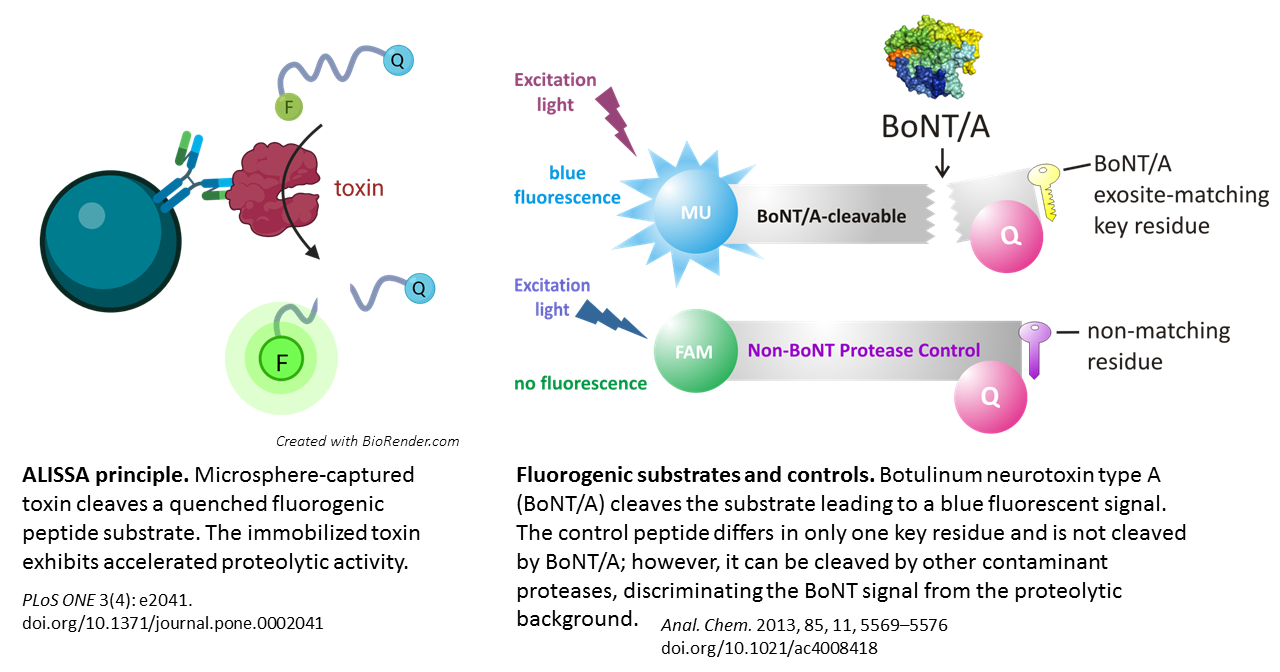
Immunomodulatory compounds of the human microbiome:
The lab has employed mass spectrometry to identify metabolites of commensal microbes that modulate the human immune system. Such immuno modulators include Lactobacillus reuteri-produced histamine, ethionine, and an unconventional form of vitamin B9 (folate), 5,10-ethenyl tetrahydrofolate. The latter is produced via metabolism of acetate the bacterium. In contrast to conventional folates, it can transfer not one but two carbon units at once via the folate cycle. Acetate and other short chain fatty acids are produced in the human gut through the microbial fermentation of dietary fibers. The laboratory’s research is aimed to explore the link between the immune system the microbiome and nutritional factors with relevance to cancer and metabolic diseases.
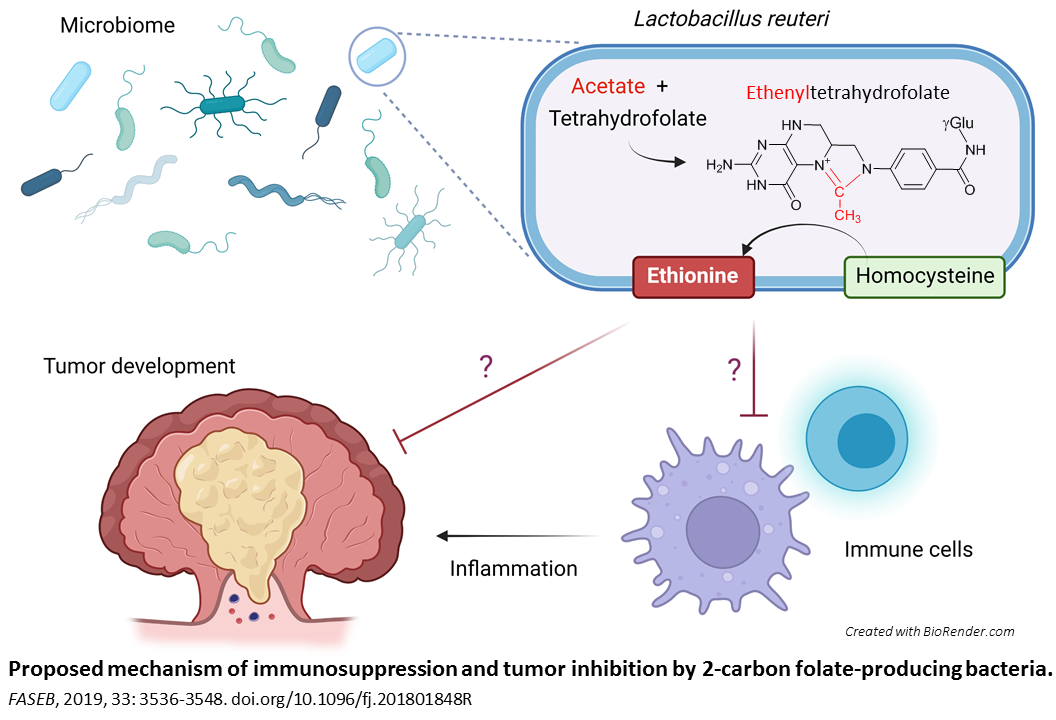
Proteomics of extremophiles and pathogens:
In collaboration with the Jet Propulsion Laboratory / NASA in Pasadena, California, the Kalkum lab discovered changes in specific protein abundances in fungi and bacteria that were exposed to microgravity and/or real space conditions on board of the international space station. Such changes appear to be integral to stress adaptation processes by the microorganism and were detected using quantitative proteomics using mass spectrometry. In another collaborative effort with our partners at the Fundación Instituto de Inmunología de Colombia (FIDIC) the Kalkum lab is investigating protein interactions by mass spectrometry that control host cell invasion by malaria parasites. These efforts are directed to further our understanding of microbial life adaptations as well as critical pathogen host interactions.
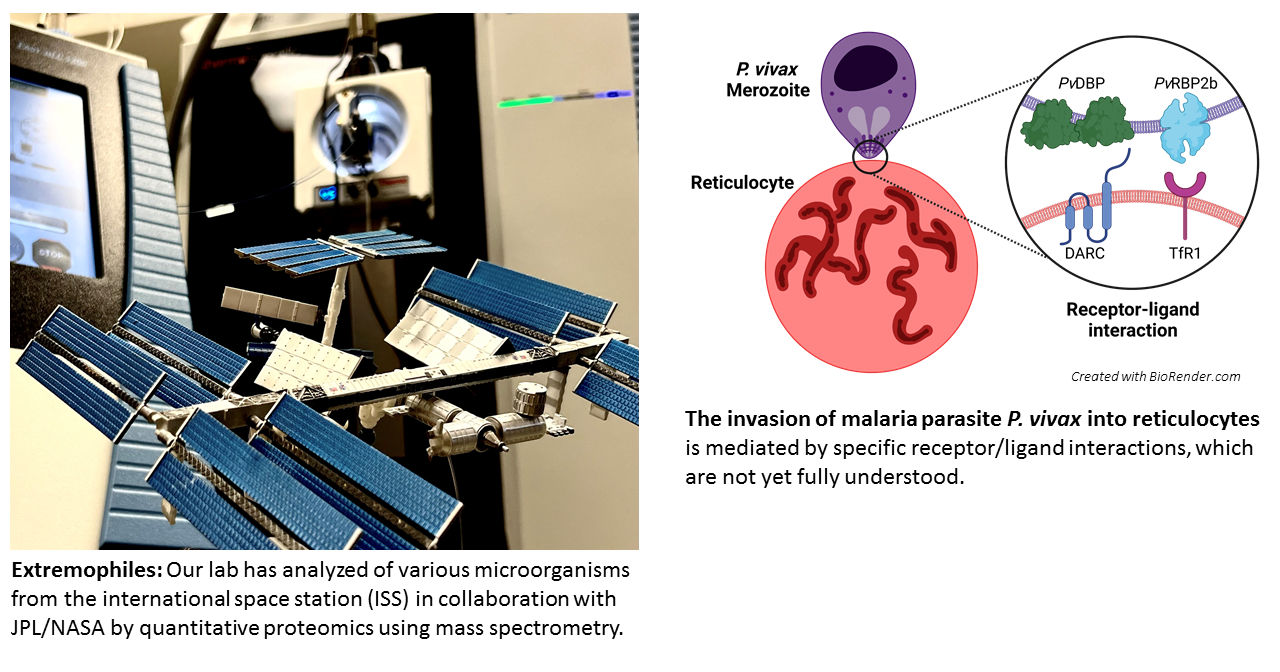
Professor, Department of Immunology & Theranostics
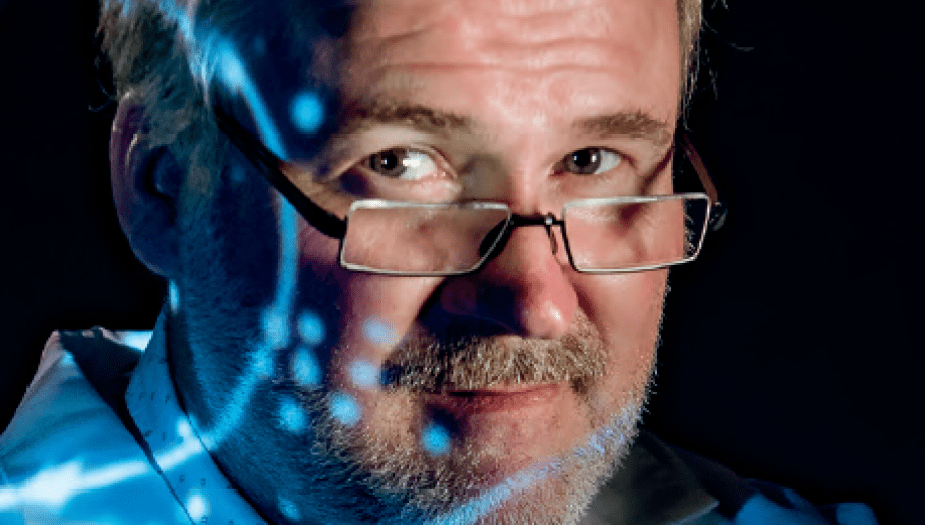
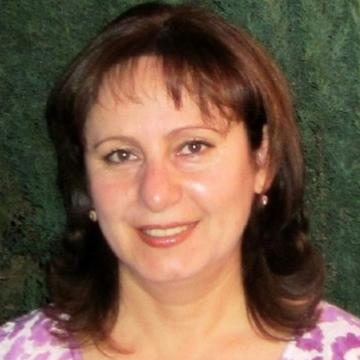

Karine Bagramyan received her M.S. and Ph.D. in biophysics from Yerevan State University, Armenia (Prof. S. Martirosov). She did her postdoctoral research at the Yerevan State University (Prof. A. Trchounian) and the Bach Institute of Biochemistry in Moscow, Russia (Prof. A. Kaprelyants), where she studied the mechanisms involved in the latency and reactivation of Mycobacterium tuberculosis. Dr. Bagramyan continued her research with Dr. M.W.W. Adams (University of Georgia Athens) and Dr. R. Nakamoto (University of Virginia Charlottesville), where she studied the ability of anaerobic respiratory systems to couple H2 production with energy conservation on a level of a single enzyme, a membrane-bound hydrogenase. Dr. Bagramyan joined the lab of Prof. Markus Kalkum, Ph.D., in 2006 at Beckman Research Institute of City of Hope, where she is currently a staff scientist. Her research focuses on generation of novel biochemical assays for the ultrasensitive detection of toxins and functional molecules from pathogenic fungi and bacteria using mass spectrometry, microbiology and biochemical approaches. Her awards and fellowships include German Academic Exchange Service, Japan Society for the Promotion of Science and the Human Frontier Science Program.
To view more publications and patents, please visit:
https://pubmed.ncbi.nlm.nih.gov/?term=Karine+Bagramyan&size=100
https://patents.justia.com/search?q=Karine+Bagramyan
Karine Bagramyan, Ph.D.
Staff Scientist
626-256-4673, ext. 83443
KBagramyan@coh.org
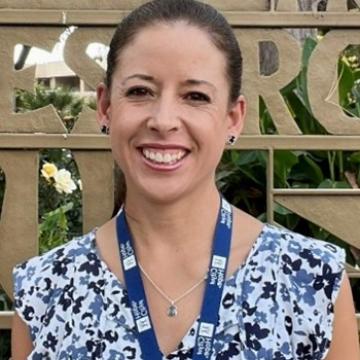

Catalina Avendaño, Ph.D., graduated from Pontificia Universidad Javeriana in Colombia in 2000 with a bachelor’s degree in agriculture and veterinary microbiology. She received her doctoral degree in animal health from Universidad de Zaragoza in Spain. She has worked in molecular biology, cell biology and immunodiagnostic tools, e.g., PCR, RT-PCR, LAMP, recombinant protein expression and purification, mammalian cell culture, flow cytometry, ELISA, SDS-PAGE, dot blot, Western blotting, immunofluorescence, seroneutralization assays, etc. She also has worked with mouse and rabbit models. Dr. Avendaño joined the laboratory of Markus Kalkum, Ph.D., at City of Hope as a postdoctoral fellow in 2021. She is currently investigating unusual antifungal resistance mechanisms of Aspergillus fumigatus isolates and is developing novel diagnostic tests for fungal infections.
Catalina Avendaño, Ph.D.
Postdoctoral Fellow
626-256-4673, ext. 83443
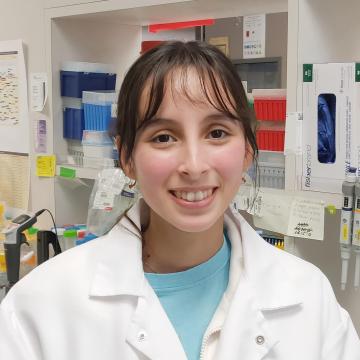

Selma Galdamez graduated from the University of La Verne with a Bachelor of Science in biology. She is a research associate in the laboratory of Markus Kalkum, Ph.D., within the Department of Immunology & Theranostics at Beckman Research Institute of City of Hope. Her current research focus is on recombinant protein expression, cell culture and Click chemistry.
626-256-4673, ext. 83402
SGaldamez@coh.org
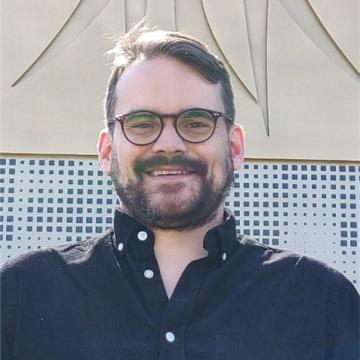

Daniel Röth, Ph.D. is a staff scientist in the laboratory of Markus Kalkum, Ph.D., within the Department of Immunology & Theranostics at Beckman Research Institute of City of Hope. He completed his biology studies at the University of Heidelberg in Germany and performed his postgraduate studies at the German Cancer Research Center (DKFZ). He investigates the interactions of bacterial metabolites and the human immune system using mass spectrometry and bioinformatic approaches.
Daniel Röth, Ph.D.
Staff Scientist
626-256-4673, ext. 83443
DRoeth@coh.org
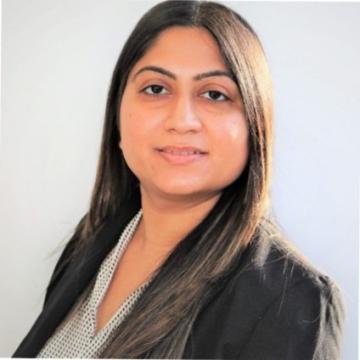

Pradnya H. Patil, Ph.D., is a postdoctoral fellow in the laboratory of Markus Kalkum, Ph.D. Dr. Patil has obtained her Ph.D. degree in organic chemistry from the Indian Institute of Technology in Bombay, India, after receiving a Master of Science degree in organic chemistry and a Bachelor of Science degree in chemistry from the North Maharashtra University in India. She conducted postdoctoral research the Okinawa Institute of Science and Technology Graduate University in Japan and at the Swinburne University of Technology in Australia. She is currently exploring the synthesis of red-shifted FRET pairs for the development of novel diagnostics, as well as novel organic synthesis strategies for immunomodulatory compounds.
Pradnya Patil, Ph.D.
Postdoctoral Fellow
626-256-4673, ext. 83443
PPatil@coh.org
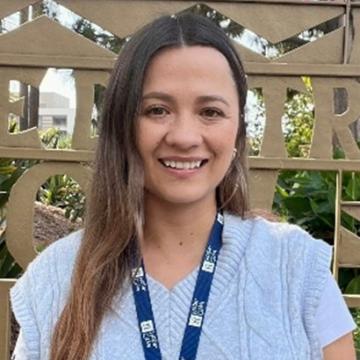

Jessica Molina, M.D., is a medical doctor from Colombia. She is conducting her Ph.D. thesis research in the laboratory of Markus Kalkum, Ph.D., within the Department of Immunology & Theranostics at Beckman Research Institute of City of Hope in Los Angeles and at the Fundación Instituto de Inmunología de Colombia. For her doctoral thesis, she works on malaria with the goal to identify and characterize unknown host cell receptor proteins that mediate cell invasion of the Plasmodium falciparum and P. vivax parasites, using mass spectrometry.
Jessica Molina, M.D.
Ph.D. student
626-256-4673, ext. 30709
JEMolina@coh.org
34.1293487, -117.9726643
Duarte, CA 91010